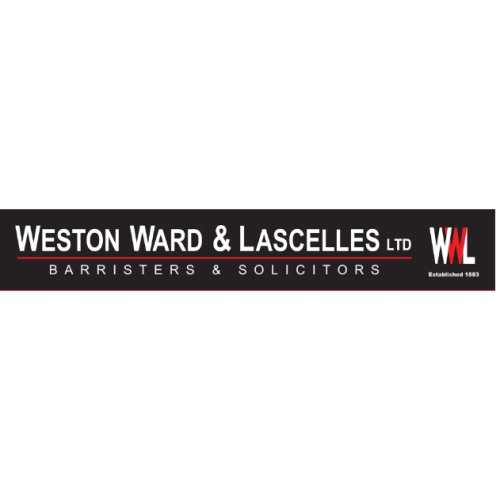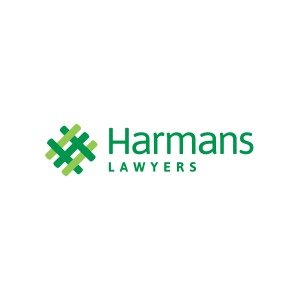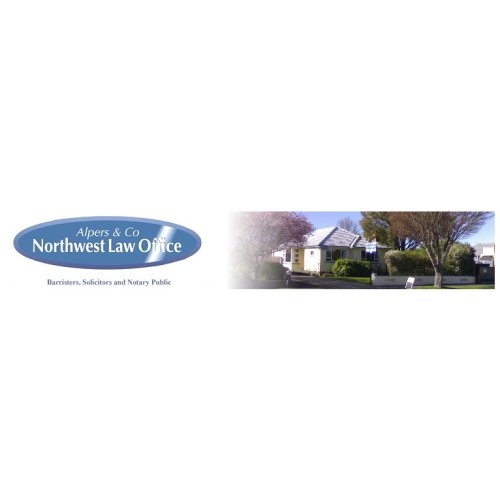Best Conveyancing Lawyers in Christchurch
Share your needs with us, get contacted by law firms.
Free. Takes 2 min.
Free Guide to Hiring a Real Estate Lawyer
List of the best lawyers in Christchurch, New Zealand
About Conveyancing Law in Christchurch, New Zealand
Conveyancing is the legal process of transferring property ownership from one person or entity to another. In Christchurch, New Zealand, this process is essential whether you are buying, selling, or transferring property. The legal steps involved ensure that the property transaction is valid, that the title is clear, and that all financial aspects are properly handled. Conveyancing also involves checking for legal issues such as restrictions, easements, and unpaid rates that may affect the property's use or value.
Why You May Need a Lawyer
Many people seek the help of a lawyer for conveyancing due to the complexities of property law and the importance of protecting their investment. Common situations where you might require legal assistance include:
- Purchasing a residential or commercial property
- Selling a property
- Transferring property as part of a family arrangement or relationship settlement
- Dealing with complications such as disputes over property boundaries or shared ownership
- Handling mortgaging or refinancing property
- Verifying that property records are accurate and up to date
- Navigating subdivision regulations or new builds
Legal professionals ensure all documents are completed accurately, obligations are met on time, and you are fully informed of your rights and responsibilities throughout the conveyancing process.
Local Laws Overview
Conveyancing in Christchurch operates within the broader framework of New Zealand property law, but there are several key aspects unique to the local context:
- Land Transfer Act 2017: This legislation governs the registration of land and the transfer of property titles throughout New Zealand, including Christchurch.
- Canterbury Earthquake Recovery Laws: Due to Christchurch’s history with earthquakes, properties may be subject to special regulations or insurance requirements related to earthquake damage and repairs.
- Local Council Requirements: Any conveyancing transaction often requires verification that building consents and zoning are compliant with Christchurch City Council regulations.
- Overseas Investment Act: Additional approvals may be needed if the property transaction involves non-resident buyers.
- LINZ (Land Information New Zealand): All legal title and land records are centrally held and managed by this government agency.
Your conveyancing lawyer will ensure compliance with these and other regulations to facilitate a smooth and legally sound transaction.
Frequently Asked Questions
What does a conveyancing lawyer do in Christchurch?
A conveyancing lawyer manages the legal process of buying or selling property, conducts searches and due diligence, reviews contracts, handles settlement arrangements, and ensures the proper transfer of property title.
How long does the conveyancing process usually take?
The process typically takes between four and six weeks from when the sale and purchase agreement is signed to settlement, but timing can vary depending on the complexities involved.
Can I do my own conveyancing, or is it mandatory to use a lawyer?
While it is technically possible to do your own conveyancing, it is highly recommended to use a qualified lawyer to avoid costly mistakes and ensure compliance with local laws.
What are some common issues that can delay a property settlement?
Delays can occur due to problems with title searches, issues uncovered during building inspections, unfulfilled conditions in the sale agreement, or errors in documentation.
How much does conveyancing cost in Christchurch?
Costs may vary based on the complexity of the transaction, but generally include legal fees, Land Information New Zealand charges, council fees, and disbursements. Most lawyers provide a quote before beginning work.
What searches does a lawyer carry out during conveyancing?
Typical searches include checking the certificate of title, local council records for zoning and consents, building permits, and any outstanding rates or encumbrances against the property.
Are there special requirements for earthquake-prone properties in Christchurch?
Yes, properties may have special insurance requirements or needs for repair certification due to Christchurch's earthquake history. A lawyer will examine if all requirements are satisfied.
What is the difference between settlement and possession date?
The settlement date is when payment is made and legal ownership transfers. The possession date is when the buyer can move in, which may or may not be the same as settlement.
Do I need to pay a deposit, and how does it work?
It is common to pay a deposit, often ten percent of the purchase price, held in trust until settlement. Your lawyer can advise you on arrangements and ensure funds are properly managed.
Can a conveyancing lawyer help if there are issues after settlement?
Yes, your lawyer can assist with resolving post-settlement matters such as disputes over chattels, undisclosed defects, or problems with the handover process.
Additional Resources
If you need further information or assistance, consider reaching out to these organizations and resources:
- Land Information New Zealand (LINZ) - For official property records and title information
- Christchurch City Council - For local property regulations, zoning, building consents, and rates information
- New Zealand Law Society - Guidance on finding a qualified conveyancing lawyer
- Consumer Protection (MBIE) - Buying and selling property information and checklists
- Real Estate Authority (REA) - Information for property buyers and sellers on regulatory matters
Next Steps
If you are considering a property transaction in Christchurch, your first step should be to consult with a qualified conveyancing lawyer. Gather all relevant documents, such as sale and purchase agreements, property titles, and any correspondence with real estate agents. Your lawyer will explain your rights and obligations, outline the conveyancing process, and represent your interests throughout the transaction. Early legal advice can help you avoid unnecessary delays, resolve issues quickly, and ensure a secure property transfer. Do not hesitate to seek legal assistance before signing any property-related documents.
Lawzana helps you find the best lawyers and law firms in Christchurch through a curated and pre-screened list of qualified legal professionals. Our platform offers rankings and detailed profiles of attorneys and law firms, allowing you to compare based on practice areas, including Conveyancing, experience, and client feedback.
Each profile includes a description of the firm's areas of practice, client reviews, team members and partners, year of establishment, spoken languages, office locations, contact information, social media presence, and any published articles or resources. Most firms on our platform speak English and are experienced in both local and international legal matters.
Get a quote from top-rated law firms in Christchurch, New Zealand — quickly, securely, and without unnecessary hassle.
Disclaimer:
The information provided on this page is for general informational purposes only and does not constitute legal advice. While we strive to ensure the accuracy and relevance of the content, legal information may change over time, and interpretations of the law can vary. You should always consult with a qualified legal professional for advice specific to your situation.
We disclaim all liability for actions taken or not taken based on the content of this page. If you believe any information is incorrect or outdated, please contact us, and we will review and update it where appropriate.

















